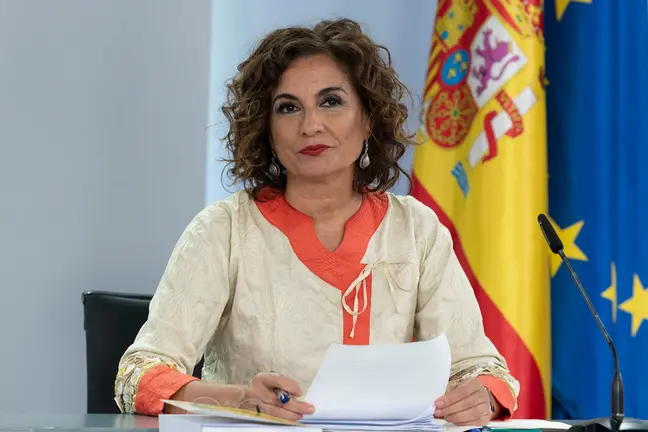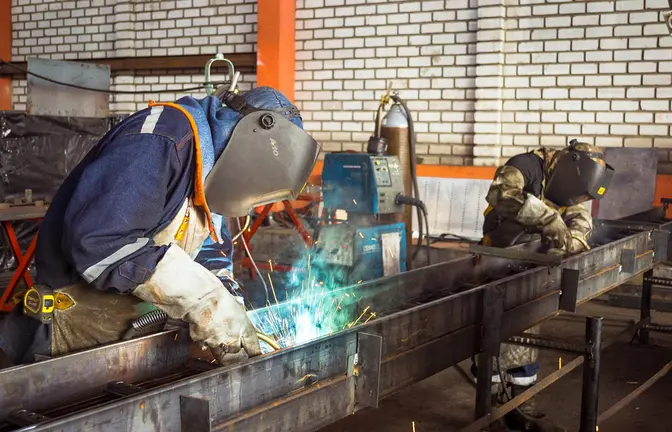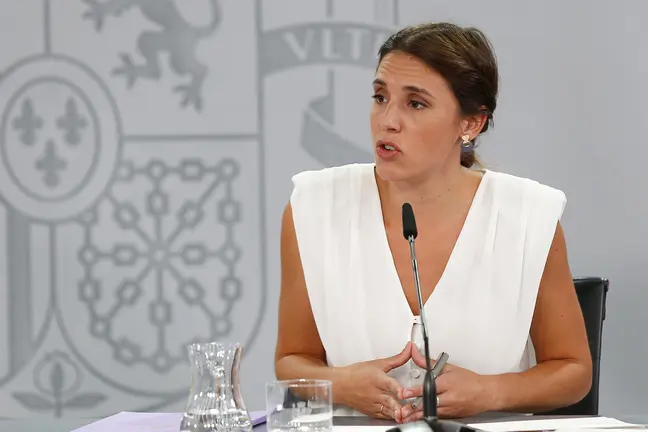EU energy ministers failed to reach an agreement on Tuesday on long-term measures for rising energy prices in Europe during a meeting in Luxembourg.
Spain, supported by Greece and France, has pushed for widespread reform in the EU's energy market, but has met resistance from a group of EU member states led by Germany.
Disagreements between member states hardened before the Luxembourg meeting, with Sweden and Belgium joining the group opposing drastic interventions in the EU's energy market.
Madrid, like most of Southern Europe, is experiencing the most dramatic energy price increases in years and is advocating a common platform for purchasing gas, as well as strategic gas reserves to shelter the market from economic shocks.
Spain's government argues the European Commission's 'toolbox' of short-term national measures to address the gas price issues do not go far enough.
France is supportive of these proposals and wants to reform how the price of energy is calculated in the market.
French support for reform is linked to Paris' push to include nuclear energy, the country's main energy source, in the EU's classification of future green energies.
However, Germany's state secretary for energy, Andreas Feicht, said on Tuesday that current market increases do not justify direct interference.
"In our opinion, the price increases give no reason to intervene in the European internal market," said Feicht.
"Free pricing and competitive markets are a central basis for continuing to ensure our energy supply security at a high level, driving important innovations for the energy transition and keeping energy affordable," he said.
Emissions
Fit for 55, the European Commission's flagship climate transition package to reduce carbon emissions by 55 per cent by 2030, did not feature in the energy discussion, apart from criticism levelled from Hungary about the policy's emissions trading scheme contributing to soaring energy costs.
Jernej Vrtovec, Slovenia's infrastructure minister, said the EU's transition from fossil fuels to green alternatives, however, is not "not part of the problem" but instead "part of the solution."
"We want to achieve two important goals - climate neutrality and an energetically independent Europe. For this we have to invest in renewable energy sources and new technologies," said Vrtovec.
Energy Commissioner Kadri Simson told ministers that the European Commission's competition department is investigating energy suppliers' conduct amid the energy prices increases and will present the findings at December's next EU summit.
"The commission competition department has begun collecting evidence about market behaviour of main gas players, review detecting any anticompetitive behaviour in the energy market," she said.
The decision to begin the investigation follows complaints from Poland that Russian gas company Gazprom was failing to make additional gas supplies available.
Strong economic recovery after a pandemic-induced slump is placing heavy demands on energy prices around the world with China purchasing large volumes of gas in particular.











